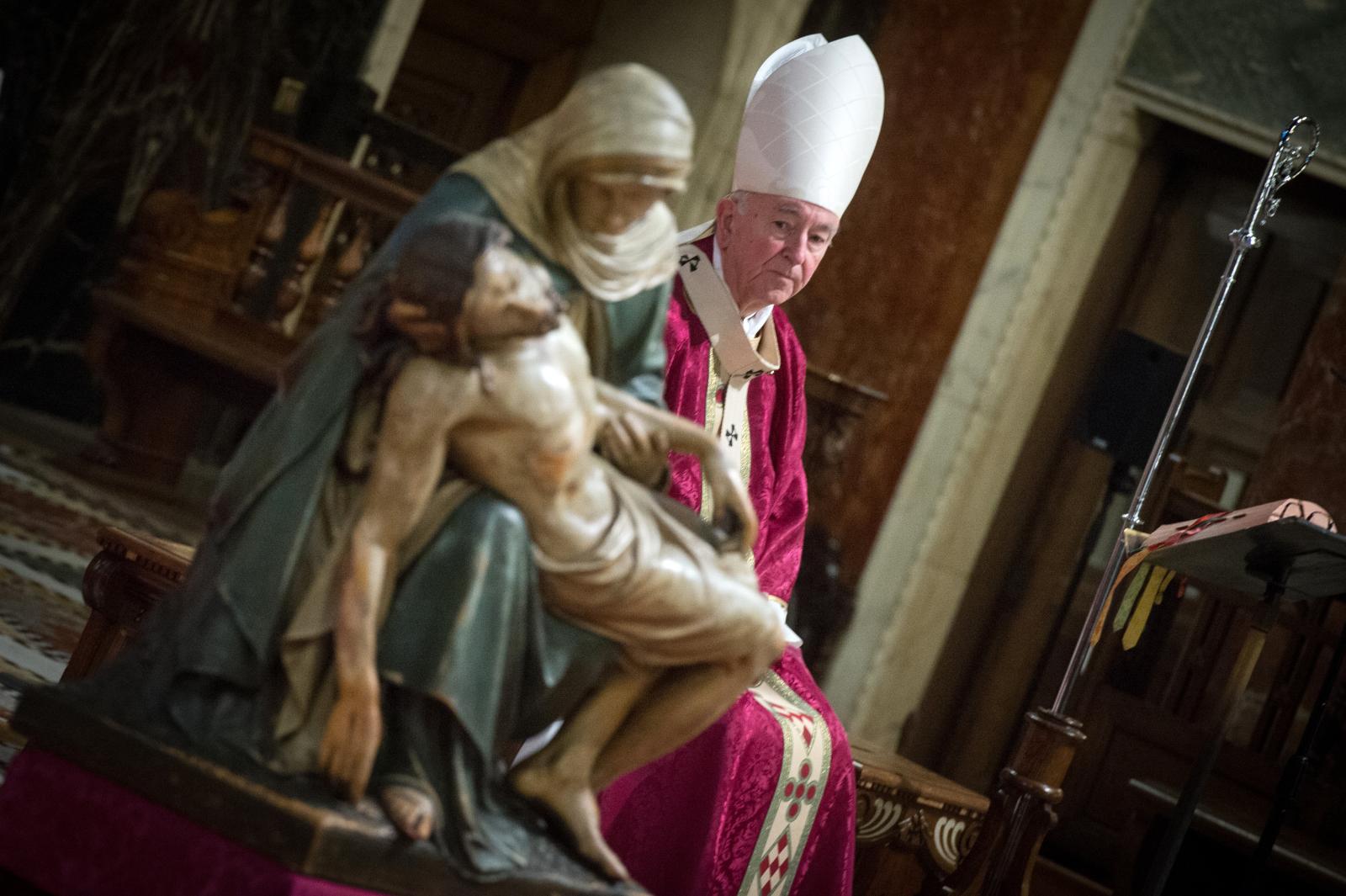My brothers and sisters,
This Wednesday, 16 October 2024, a bill will be introduced to Parliament proposing a change in the law to permit assisted suicide. The debate will continue for a number of months, in society and in Parliament, before a definitive vote is held there. This puts in the spotlight crucial questions about the dignity of human life and the care and protection afforded by our society to every human being.
As this debate unfolds there are three points I would like to put before you. I hope that you will take part in the debate, whenever and wherever you can, and that you will write to your Member of Parliament.
The first point is this: Be careful what you wish for.
No doubt the bill put before Parliament will be carefully framed, providing clear and very limited circumstances in which it would become lawful to assist, directly and deliberately, in the ending of a person’s life. But please remember, the evidence from every single country in which such a law has been passed is clear: that the circumstances in which the taking of a life is permitted are widened and widened, making assisted suicide and medical killing, or euthanasia, more and more available and accepted. In this country, assurances will be given that the proposed safeguards are firm and reliable. Rarely has this been the case. This proposed change in the law may be a source of relief to some. But it will bring great fear and trepidation to many, especially those who have vulnerabilities and those living with disabilities. What is now proposed will not be the end of the story. It is a story better not begun.
The second point is this: a right to die can become a duty to die.
A law which prohibits an action is a clear deterrent. A law which permits an action changes attitudes: that which is permitted is often and easily encouraged. Once assisted suicide is approved by the law, a key protection of human life falls away. Pressure mounts on those who are nearing death, from others or even from themselves, to end their life in order to take away a perceived burden of care from their family, for the avoidance of pain, or for the sake of an inheritance.
I know that, for many people, there is profound fear at the prospect of prolonged suffering and loss of dignity. Yet such suffering itself can be eased. Part of this debate, then, must be the need and duty to enhance palliative care and hospice provision, so that there can genuinely be, for all of us, the prospect of living our last days in the company of loved ones and caring medical professionals. This is truly dying with dignity. Indeed, the radical change in the law now being proposed risks bringing about for all medical professionals a slow change from a duty to care to a duty to kill.
The third point is this: being forgetful of God belittles our humanity.
The questions raised by this bill go to the very heart of how we understand ourselves, our lives, our humanity. For people of faith in God - the vast majority of the population of the world - the first truth is that life, ultimately, is a gift of the Creator. Our life flows from God and will find its fulfilment in God. ‘The Lord gave, and the Lord has taken away; blessed be the name of the Lord.’ (Job 1:21) To ignore or deny this truth is to separate our humanity from its origins and purpose. We are left, floating free, detached, in a sphere that lacks firm anchors or destiny, thinking that we can create these for ourselves according to the mood of the age, or even of the day.
The clearest expression of this faith is that every human being is made in the image and likeness of God. That is the source of our dignity and it is unique to the human person. The suffering of a human being is not meaningless. It does not destroy that dignity. It is an intrinsic part of our human journey, a journey embraced by the Eternal Word of God, Christ Jesus himself. He brings our humanity to its full glory precisely through the gateway of suffering and death.
We know, only too well, that suffering can bring people to a most dreadful state of mind, even driving them to take their own lives, in circumstances most often when they lack true freedom of mind and will, and so bear no culpability. But this proposed legislation is quite different. It seeks to give a person of sound will and mind the right to act in a way that is clearly contrary to a fundamental truth: our life is not our own possession, to dispose of as we feel fit. This is not a freedom of choice we can take for ourselves without undermining the foundations of trust and shared dignity on which a stable society rests.
As this debate unfolds, then, I ask you to play your part in it. Write to your MP. Have discussions with family, friends and colleagues. And pray. Please remember: be careful what you wish for; the right to die can become a duty to die; being forgetful of God belittles our humanity.
May God bless us all at this critical time.
✠ Cardinal Vincent Nichols
Archbishop of Westminster
